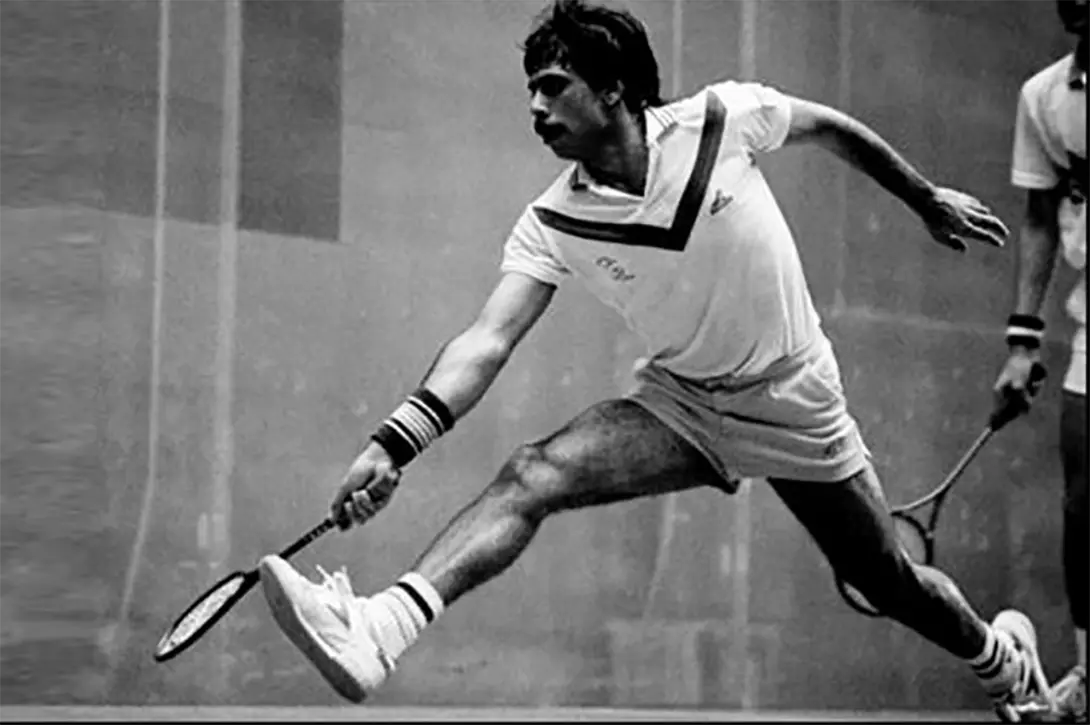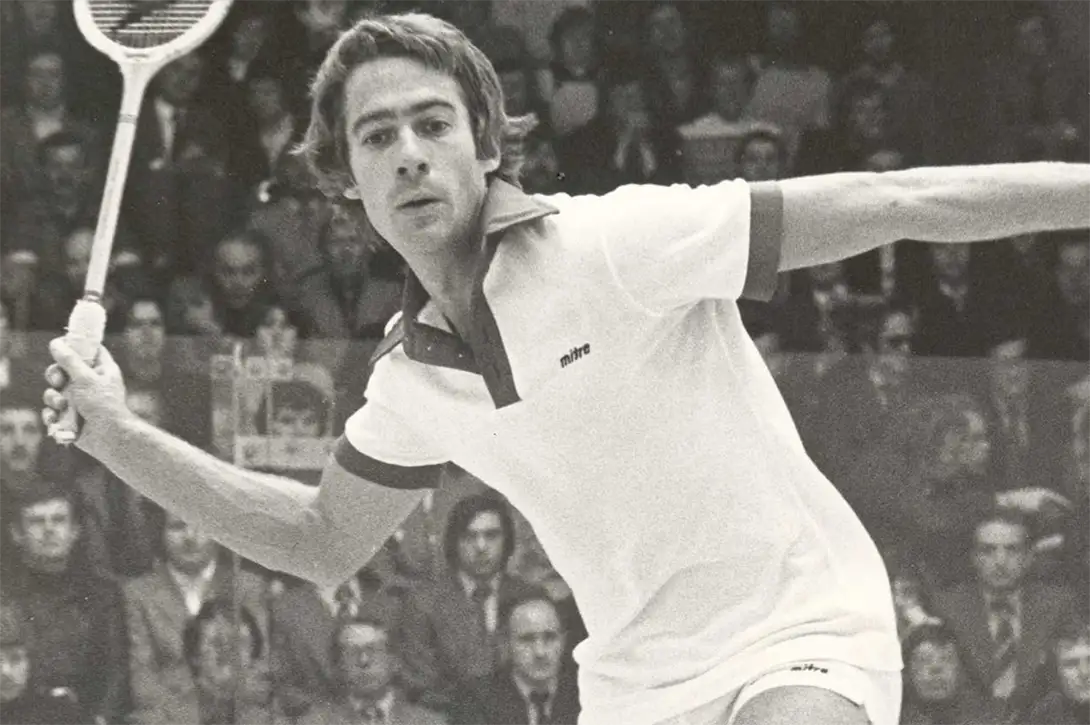11 September 2022 / 3-Min Read / Translate
If you have played competitive squash, you have probably played in a match where everything seemed to change from one moment to the next. Perhaps you were losing, but then won a couple of points and you gained more confidence and your opponent started to doubt. Maybe it was the other way around and you were winning, but then made a some silly mistakes, and suddenly your opponent believes they can win. All in the space of a few moments.
It's almost as if the rest of the match or points don't mean anything, and of course that's not true. You can't win the eleventh point to win the match without the other ten, but you can lose some along the way that won't change the outcome.

Some people believe that one of the reasons for tennis' popularity, especially on TV is due to its scoring system. It has many more "crunch" points. A "crunch" point is one that changes the result. For example, you need to win 6 games to win a set, so that's at least six crunch points. If the game goes to deuce, that's two more. Set points become "super crunch" points and there is at least two of these.
In his book "Jahangir Khan: Winning Squash" from 1985, Jahangir talks about losing the fourth game of the British Open final against Geoff Hunt in 1981. At one point, he was 6-1 up, feeling tired but Geoff looked more tired. Then he lost two points by hitting two drops into the tin. He lost that game, and the match, 8-10. He attributes the loss, not solely to those two drops, but does feel that they were a turning point.
If Jahangir makes, or should I say "made" those kinds of mistakes, what chance do the rest of us have? Well, everything is relative. You are not playing Geoff Hunt in the final of the British Open, but the stress you feel playing a small tournament or inter-club match might be the same.

For me, the key is your gameplan and concentration. When we get very tired, we make imprudent decisions. Decisions based on how tired we are, how aggressive we feel at that precise moment and other factors. We should be making shot selection decisions based on clear-headed observations. Much easier to type than to do though.
example, your gameplan might say no drops shots for the first 10 shots of a rally. Yet in the fifth game at 6-6 when your legs are shaking with tiredness, your heart thumping with blood and your head looking to just quickly win the rally, it's easy to ignore that gameplan and go for the quick winner.
Does it work? Sometimes, but more often than not, it doesn't. You try to justify the choice, by saying "it would have been a winner if...but...". Ifs and Buts. The staple of post-match conversation in bars around the world.
Concentration can be lost in a fraction of a second. Making the wrong choice sometimes occurs before we even realise it on a conscious level. Having a gameplan and sticking to it won't win you every match, but it's better to go down fighting, than giving away cheap points because you made silly mistakes under pressure.